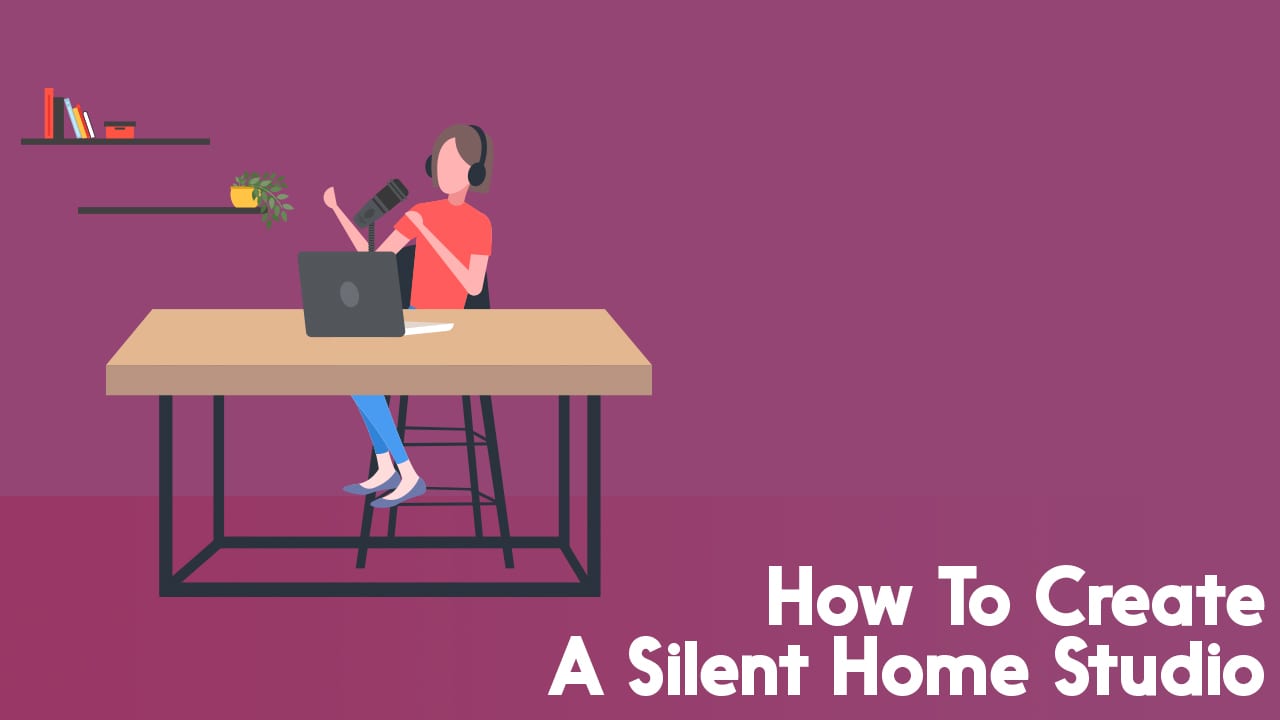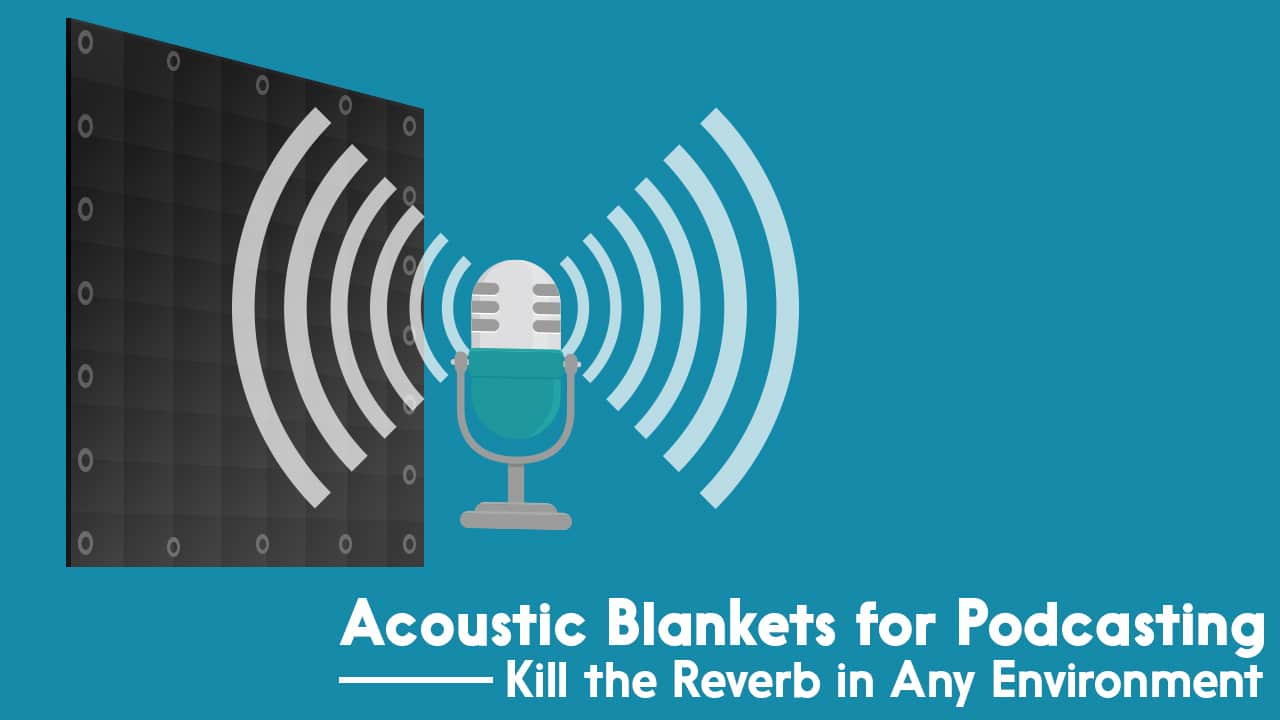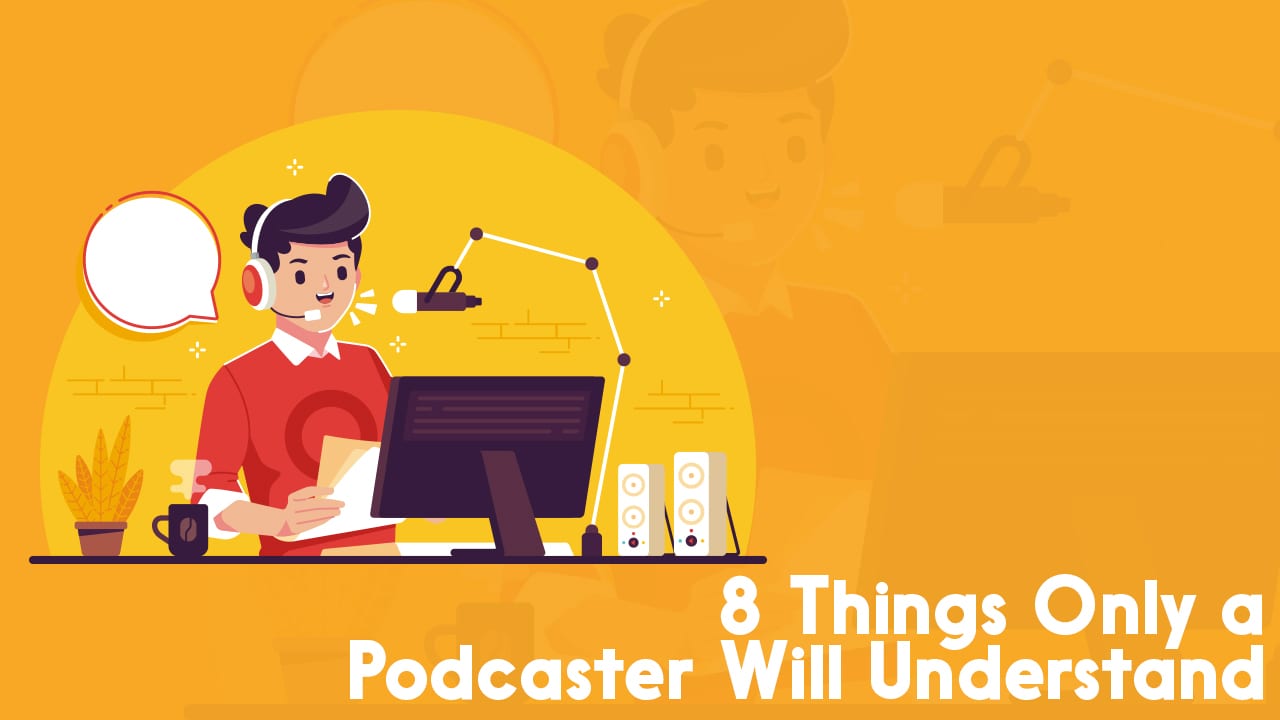Podcasting During the Brood X Cicada Emergence
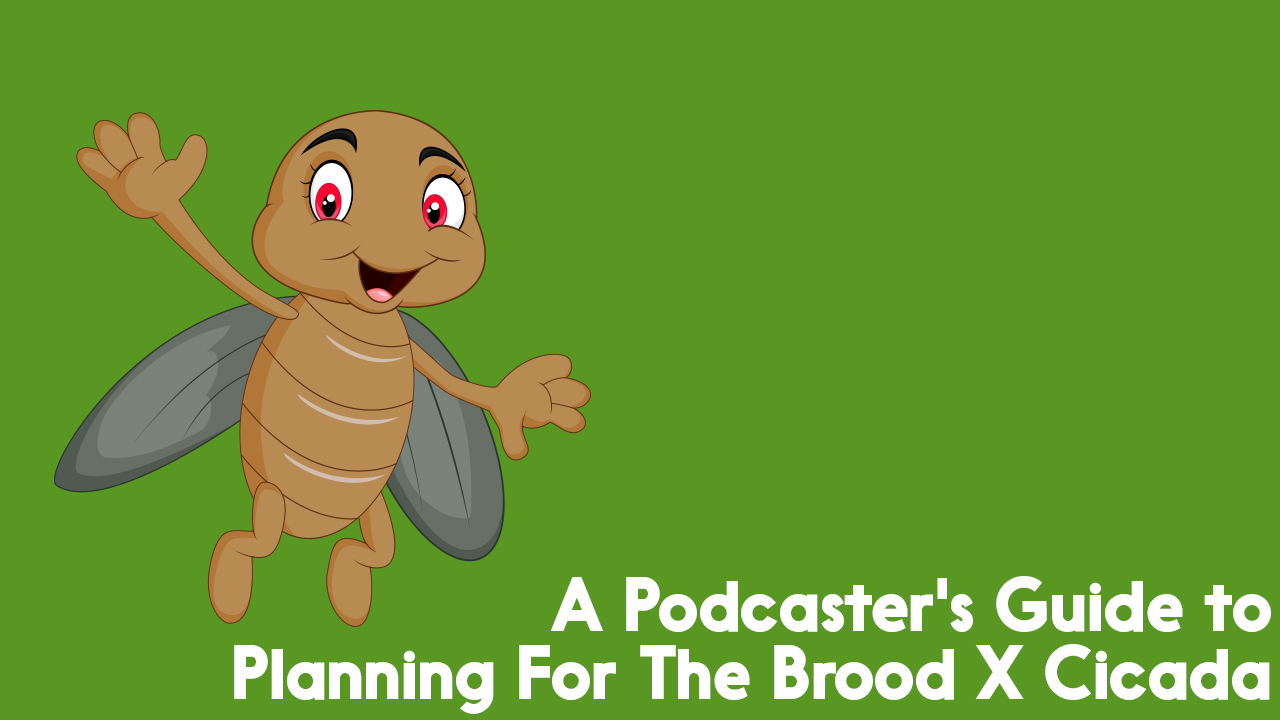
Get your acoustic blankets ready, and insulate your studio. This spring, your audio will have a whole new hiss if you live in the US anywhere east of Indiana. For people who plan to record this spring and summer, I’ve prepared this guide to podcasting during the Brood X Cicada Emergence.
Spring is amazing. One minute it’s cold and rainy, the next it’s sunny and warm. No matter what, the second you start recording, the chorus of lawnmowers and weed whackers rises. If you live in the eastern US (like me), you’ll know that we’ll soon have a new sound in the atmosphere to cope with: billions of Brood X Cicadas.
What are Brood X Cicadas?
First of all, they’re harmless. These 2″ long, black and orange insects hatch from eggs in tree roots. They emerge in May, shuck off their exoskeletons, breed, lay eggs, and live through their life cycle. Then, around July or August, they disappear, for another seventeen years. No big whoop.
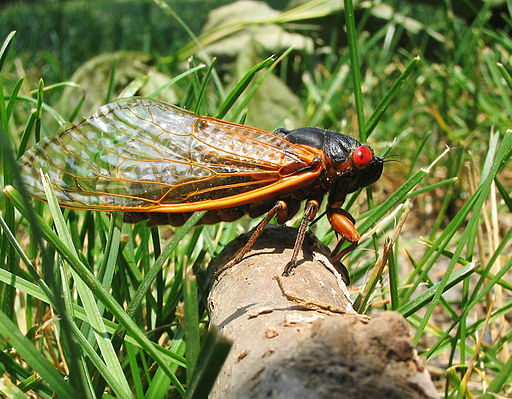
The term “X,” in this case, means it’s the tenth generation of these particular cicadas. It’s not some sci-fi fear-mongering term. They don’t bite, and they don’t harm the ecosystem. They’re a little funny looking. More than anything else, they are loud. The high-pitched treble hiss you hear is the male cicadas trying to attract mates.
Cicadas’ call can be mesmerizing or inspiring. The Ancient Greeks found them hypnotic. In 1970, Bob Dylan wrote the song The Day of The Locusts, about his experience visiting Princeton University during a cicada emergence. In 2004, the Baltimore Sun reported that male cicadas trying to attract mates could be as loud as 85-90 decibels. They can certainly provide an extra level of atmosphere to your audio recordings. If you live in the eastern US, and you’re planning to record a podcast this spring and summer, start planning now.
So, How Do You Podcast During The Cicada Emergence?
if you’re not podcasting in seasons, and can’t afford to take time off from your podcast, these strategies for podcasting during the Brood X cicada emergence may help.
Insulation, or Sound Proofing
Insulate your recording space from outside sounds. Matthew’s written a comprehensive guide to creating a silent home studio. Notice that there’s a big difference between sound treatment, and soundproofing. Sound treatment is the steps you take to reduce reverb. Soundproofing is what you do to isolate your room from exterior sounds.
Avoid a room that has external walls and windows. A space surrounded by other rooms, such as a closet that backs up to a hallway, for example, gives you more of a buffer zone between your mic and the cicadas.
Heavy curtains or acoustic blankets
I purchased a set of IKEA blackout curtains two years ago for my office window, which also has horizontal blinds. So far, this combination does a good job of preventing my office’s microphone from picking up exterior sounds. A mic shield can help. If you want to make absolutely sure, invest in acoustic blankets. My husband hangs these up as room dividers in his studio. We haven’t unintentionally recorded the neighbors’ leaf blower since.
Wait Until Dark
In some areas, recording after dark should solve the problem. Some sources report that (considerably quieter) crickets and katydids make noise after dark, but cicadas tend to quiet down. Other sources say that cicadas quiet down, unless there’s artificial light, it’s very hot, or they’re uncomfortable. If you can reduce artificial light around your recording location, do it.
Invest in Chickens
Chickens can and will eat cicadas. Chickens aren’t exactly quiet, though.
When Life Gives You Lemons, Make Lemonade
Cicadas are low-carb, gluten-free, and apparently are very good to eat when in the nymph stage.
Own It
The Brood X Cicada Emergence is another one of those things that many people have to deal with, like COVID-19 or extreme weather. Admit it, and make these your special cicada episodes. Your podcast’s audience that lives in a cicada region will feel a sense of solidarity. Your audience that doesn’t, will have their curiosity piqued, and learn something new.
I think I learn something new about podcasting every day or week. Mainly it’s because there’s a lot to learn. But, also, the technology changes quickly, audience demand is capricious, and things change. At Podcraft Academy, we have tons of downloadable resources, tools, and community support to help you make a compelling show. Plus, we can answer any questions you have during our Weekly Live Q&A sessions. Join us, and learn more!
